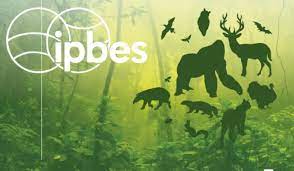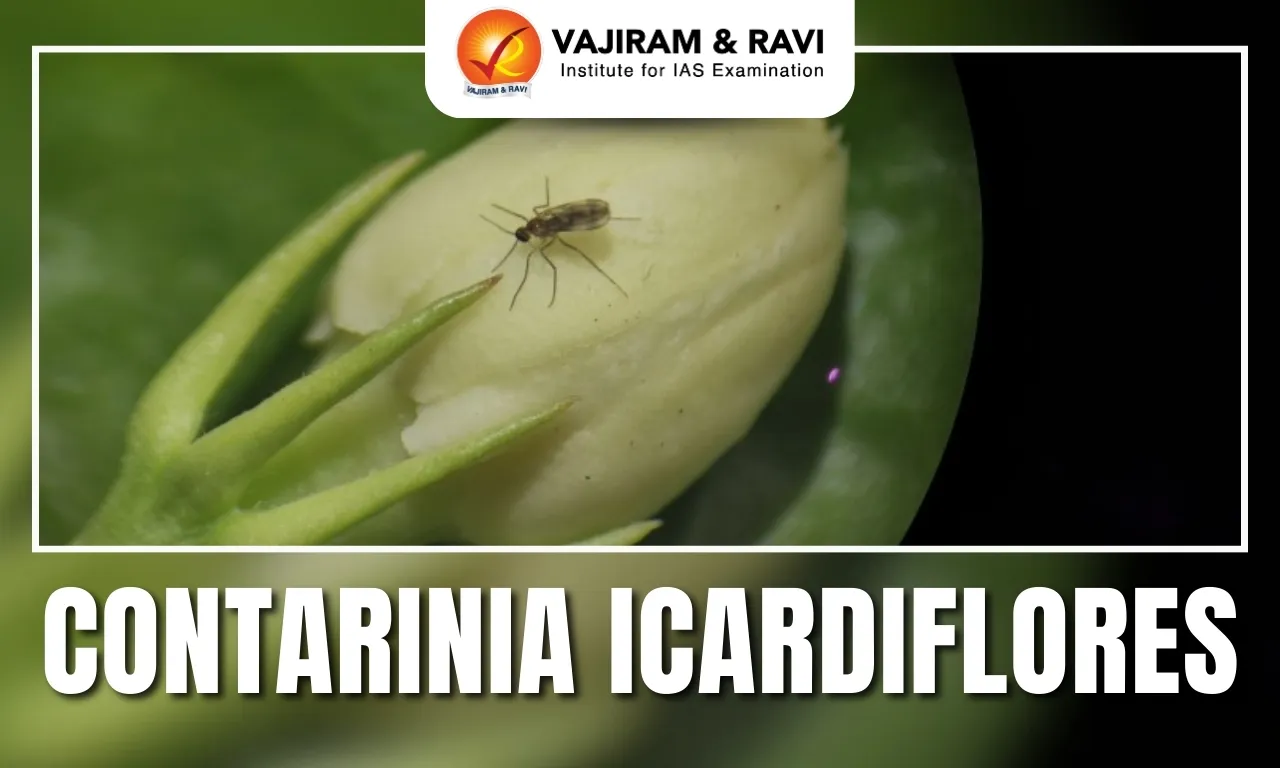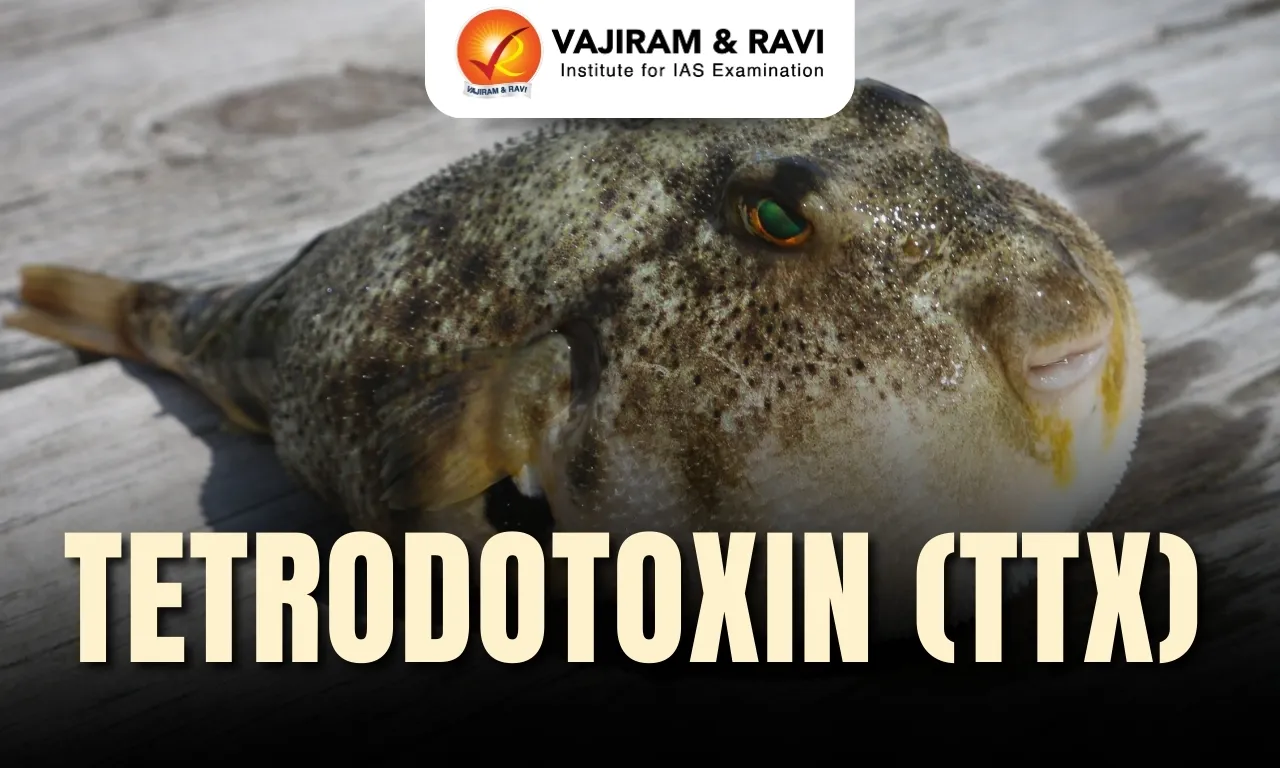About IPBES:
- It is an independent intergovernmental body established in 2012.
- It provides policymakers with objective scientific assessments about the state of knowledge regarding the planet’s biodiversity, ecosystems and the benefits they provide to people, as well as the tools and methods to protect and sustainably use these vital natural assets.
- This independent body inspired by the Intergovernmental Panel on Climate Change (IPCC) and the Millennium Ecosystem Assessment.
- It is not a United Nations body. However, at the request of the IPBES Plenary and with the authorization of the UNEP Governing Council in 2013, the United Nations Environment Programme (UNEP) provides secretariat services to IPBES. India is a member country of this organization.Organization’s structure
- Plenary: The governing body of IPBES – made up of the representatives of IPBES member States – usually meets once per year.
- Observers: Any State not yet a member of IPBES; the Convention on Biological Diversity (CBD) and other biodiversity-related conventions; related UN bodies; as well as many other relevant organizations and agencies.
- Bureau: Comprising the IPBES Chair, four Vice-Chairs and five additional officers who oversee the administrative functions of IPBES.
- Multidisciplinary Expert Panel (MEP): Five expert participants from each of the five UN regions, overseeing all IPBES scientific and technical functions.
- Stakeholders: All contributors to and end-users of the IPBES outputs.
- Expert Groups & Taskforces: Selected scientists and knowledgeholders carrying out the IPBES assessments and other deliverables.
- Secretariat (Includes Technical Support Units): Ensures the efficient functioning of IPBES through support to the Plenary, Bureau and MEP, as well as implementing the Platform’s work and administrative functions.
Q1) What is Biodiversity?
Biodiversity is all the different kinds of life found in one area—the variety of animals, plants, fungi, and even microorganisms like bacteria that make up our natural world. Each of these species and organisms work together in ecosystems, like an intricate web, to maintain balance and support life.
Source: Invasive alien species in focus at 10th plenary of IPBES
Last updated on February, 2026
→ UPSC Notification 2026 is now out on the official website at upsconline.nic.in.
→ UPSC IFoS Notification 2026 is now out on the official website at upsconline.nic.in.
→ UPSC Calendar 2026 has been released.
→ UPSC Final Result 2025 is expected to be released in the second week of April 2026.
→ Check out the latest UPSC Syllabus 2026 here.
→ Join Vajiram & Ravi’s Interview Guidance Programme for expert help to crack your final UPSC stage.
→ UPSC Mains Result 2025 is now out.
→ UPSC Prelims 2026 will be conducted on 24th May, 2026 & UPSC Mains 2026 will be conducted on 21st August 2026.
→ The UPSC Selection Process is of 3 stages-Prelims, Mains and Interview.
→ Prepare effectively with Vajiram & Ravi’s UPSC Prelims Test Series 2026 featuring full-length mock tests, detailed solutions, and performance analysis.
→ Enroll in Vajiram & Ravi’s UPSC Mains Test Series 2026 for structured answer writing practice, expert evaluation, and exam-oriented feedback.
→ Join Vajiram & Ravi’s Best UPSC Mentorship Program for personalized guidance, strategy planning, and one-to-one support from experienced mentors.
→ Check UPSC Marksheet 2024 Here.
→ UPSC Toppers List 2024 is released now. Shakti Dubey is UPSC AIR 1 2024 Topper.
→ Also check Best UPSC Coaching in India




















